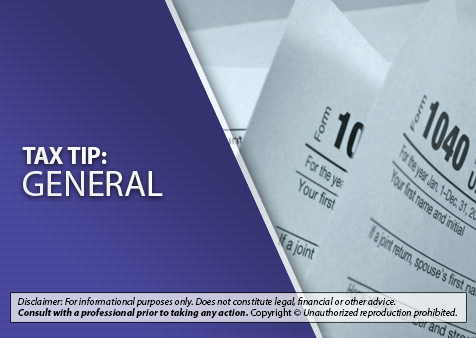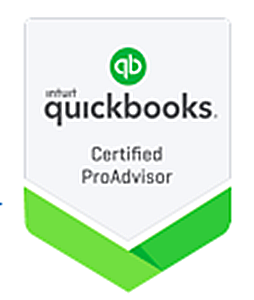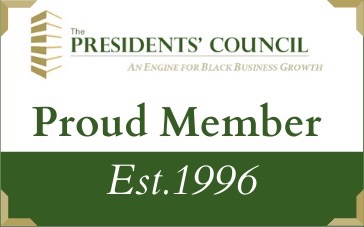Some Employees May Still Qualify to Deduct Business Expenses
The Tax Cuts and Jobs Act (TCJA) of 2017 eliminated the tax deduction for business expenses for most workers classified as employees. However, some employees may still qualify for a deduction by filing the proper form with their federal tax returns.
Eligible school employees may claim the Educator Expense Deduction for up to $250 of unreimbursed expenses necessary for their work, such as classroom supplies. Qualifying for this deduction generally requires working for at least 900 hours a year as a teacher, principal, counselor or classroom aide at an elementary or secondary school.
In addition, employees in the following categories may qualify to deduct business expenses:
- Armed Forces reservists, that is, members of the Army and Air National Guards, along with members of the Army, Navy, Air Force, Marine Corps and Coast Guard Reserves
- Qualified performing artists classified as employees, such professional dancers, actors and musicians employed by professional companies
- State and local government officials categorized as “fee-basis” workers (typically, these officials must pay self-employment tax)
- Employees with work expenses related to a physical or other impairment
These employees may be eligible to deduct unreimbursed “ordinary and necessary” costs related to carrying on their business as employees. Qualifying expenditures might include travel, costumes, workspace adaptations or office supplies.
A professional tax advisor can help you determine whether you qualify to deduct business expenses as an employee, and which forms you must file in order to do so. Go to our home page and click on the “Schedule” tab to set up an appointment with us!
Tis NOW the Season for Important Tax Paperwork
Keeping your records organized will help make sure you don’t miss out on valuable deductions when it is time to file.
Some documents to be on the lookout for:
– Wage and income statements (like W-2 or 1099-MISC)
– Health Insurance statements (like Form 1095)
– Proof of qualifying educational expenses (like Form 1098-T)
– Mortgage interest statements
– Retirement distribution statements
– Investment account statements
– Charity donation receipts



